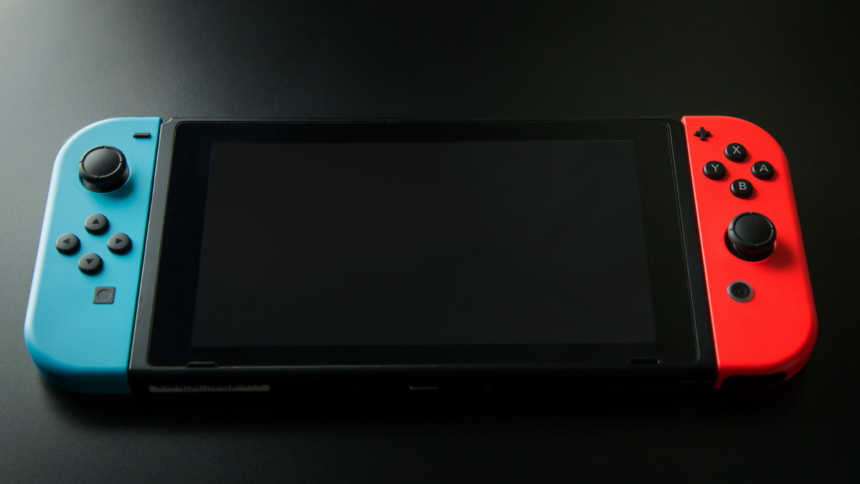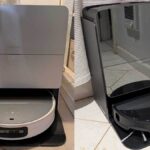The Challenges of Preordering the Switch 2 and New Nintendo Policies
Nintendo’s approach to preorders for the Switch 2 hasn’t been the most straightforward. Complicated by frequent changes regarding tariffs, securing a device on launch day could be quite the challenge. However, should one successfully acquire a Switch 2, extra caution is advised, as Nintendo appears ready to render any console unusable if their guidelines are ignored—and this isn’t merely about cheating in Mario Party.
The company is particularly vigilant regarding users who hack their consoles, utilize emulators, or partake in piracy activities with Nintendo hardware. This demographic has drawn the firm’s intense scrutiny, and the message is clear: infringe upon game copyrights, and one risks losing access to their console entirely.
On a recent Thursday, Stephen Totilo from Game File noted a significant update concerning the company’s terms of service. The email he received was entitled: “Updates to Nintendo Account User Agreement and Nintendo Privacy Policy.” After a thorough review, Totilo identified over 100 revisions to the User Agreement, with the most notable being Nintendo’s intensified stance on modifications and piracy. Previously, the agreement simply stated that users were prohibited from leasing, renting, sublicensing, publishing, copying, modifying, or reverse-engineering any part of Nintendo Account Services without explicit permission. This seemed reasonable.
Yet, the newly revised agreement presents a much starker outlook for anyone contemplating actions contrary to Nintendo’s directives:
“Without limitation, you agree that you may not (a) publish, copy, modify, reverse engineer, lease, rent, decompile, disassemble, distribute, offer for sale, or create derivative works of any portion of the Nintendo Account Services; (b) bypass, modify, decrypt, defeat, tamper with, or otherwise circumvent any functions or protections of the Nintendo Account Services, including through any hardware or software that alters the intended operation of the Nintendo Account Services; (c) obtain, install, or utilize unauthorized copies of Nintendo Account Services; or (d) exploit these services in any manner that diverges from the intended documentation and use, unless you have received express written consent from Nintendo or are permitted to do so by relevant law. Failure to adhere to these restrictions may lead Nintendo to make the Nintendo Account Services and/or the relevant Nintendo device permanently unusable, in whole or in part.”
The term “unusable” leaves a lot to interpretation when discussing possible repercussions for those caught violating these stipulations, but it suggests severe consequences for offenders. Furthermore, it seems that Nintendo has the technical capability to make consoles inoperable if evidence of such violations is found.
While these measures might seem extreme, they aren’t entirely unexpected. Historically, Nintendo has not shied away from taking decisive action against piracy and has shown a readiness to ban players from online services upon discovering illegal game usage. Some users, driven by various motivations, chose to modify their consoles, despite the risk of penalties (perhaps in an attempt to enhance the performance of Tears of the Kingdom prior to an official solution being announced).












